In Spain, the State of Emergency became effective on Monday 16th, with more than 11 000 COVID-19 cases registered. Most commercial businesses closed; exceptions being supermarkets, small food shops, pharmacies, petrol stations and pet supply shops. The government decree imposes that we are only allowed to leave home to buy food and medicine; to commute to work; to go to medical centres and banks; or to take trips related to the care for the young and the elderly.
I am in the capital city, Madrid, the focal point of coronavirus cases in Spain. Today, it is our second day in quarantine. From my apartment window, I can observe the quiet streets of a residential neighbourhood. On a normal day, I would see kids playing in the community gardens, the elderly sitting on benches and families walking up and down the streets with grocery bags. Today, the public buses are the only thing still running through the empty streets. It is a picture that contradicts the hectic days that hospitals are facing.
The Spanish health care system is about to collapse; tests are not distributed any more to people with mild symptoms as health personnel are striving to attend the patients arriving at the emergency rooms and the Intense Care Unit (ICU). Not only basic equipment is missing, such as masks and gloves for doctors, but soon the challenge will be hospital beds. The Health minister estimated that by next week 1,000 additional ICU beds will be needed. Facing this unprecedented crisis, how are we, businesses and individuals, contributing to alleviate the situation?
Hospitality means to welcome with warmth and care, and I believe it is in these challenging times, where hospitality is needed the most. When it comes to the travel industry, especially hit by COVID-19 and which represents 14,6 % of the Spanish GDP, I was inspired to share some practices that represent the essence of being hospitable.
For instance, Room Mate chain CEO, Kike Sarasola, was the first to announce the proposal of giving two hotels to the local government for hospital use. His action was followed by other hotel chain leaders in social media with the hashtag #WeSolveThisTogether: four hotels were offered by Illunion , seven by B&B Hotels, and 55 by Catalonia Hotels. From the coastal area in Southern Spain, the Hotel Businesses Association has given the health authorities hotel beds for hospital use. Even though small and medium businesses are struggling the most to survive during this public health and, increasingly, economic crisis, it is helpful to realize that solidarity and hospitality is present across the travel sector.
Other businesses are also showing their support: taxi drivers are providing free rides to healthcare personnel to their work, and patients to health care centres; delivery companies are are taking free food to hospitals.
The initiative of the Spanish travel sector also spreads to individual initiatives that are worth sharing. During my first excursion outside my apartment to buy groceries, I found several advertisements in the lift from neighbours, offering to do the shopping for any elderly and vulnerable residents. This kind act made me reflect on how important it is to support your local community during times like these. So, when I got back home, I searched for the platform of COVID volunteers in Madrid, coordinated by the local authorities, where people are encouraged to aid the local entities in supporting the most vulnerable citizens. When I tried to apply, my application could not be processed, because it was already oversubscribed, with over 7,000 volunteers.
However, it is not only about big acts, but also about showing gratitude to the real heroes: all the healthcare personnel, cashiers, cleaners. In Spain, since Saturday 14th March, we open our windows or go out onto balconies where we can every evening at 20:00 and clap together, to thank all the healthcare personnel who are working on the frontline of this crisis.
Creativity, entertainment and humour are a must to make you feel better over the following 15 days, and some neighbours are using social media tools to share fun videos regarding their quarantine experiences. For the first time, we are drawn together in the same situation regardless of politics, ideas or social status, and find connections through each other´s jokes. The story that I wanted to share is the one of Juan, a 20- year old neighbour, whose mother is sick with cancer. As part of the vulnerable group, her family must be extremely cautious and try to avoid any external contact. To entertain themselves, he started making music video parodies on Instagram and then also involved his mother, father and his brothers. Apart from making others laugh, his attitude must have helped keep his family entertained and share good moments together during this difficult period.
We are all facing an unprecedented situation: a forced quarantine to save lives. As doctors are begging people to stay home, we should help them by just following that simple request. Simple but difficult at the same time. How can parents keep their kids entertained for 15 days inside an apartment? How can we handle the lack of fresh air? How can we be productive at work when having to live/eat/sleep at the same place? There are undoubtedly challenges posed to our daily routine, but we should think about all the healthcare personnel who are working in extremely difficult situations and, then, rethink if quarantine is that complicated.
The hospitality industry is one of the most affected industries by the impact of COVID-19. However, there are still hotel chains that are showing that the sector has the capacity to reinvent the traditional hospitality establishments to help alleviate, for instance, the undersupply of hospital beds. Keeping a proactive attitude and preparing for after the lockdown will help hoteliers in working through the economic repercussions. At HoCoSo we are doing so with our project HoCoSo CONNECT, which opened the discussion with other hospitality experts about the impact of COVID-19 in the hospitality sector and aims to find solutions and best practices to help us navigate these uncharted waters.
About the co-author – Alba Pons
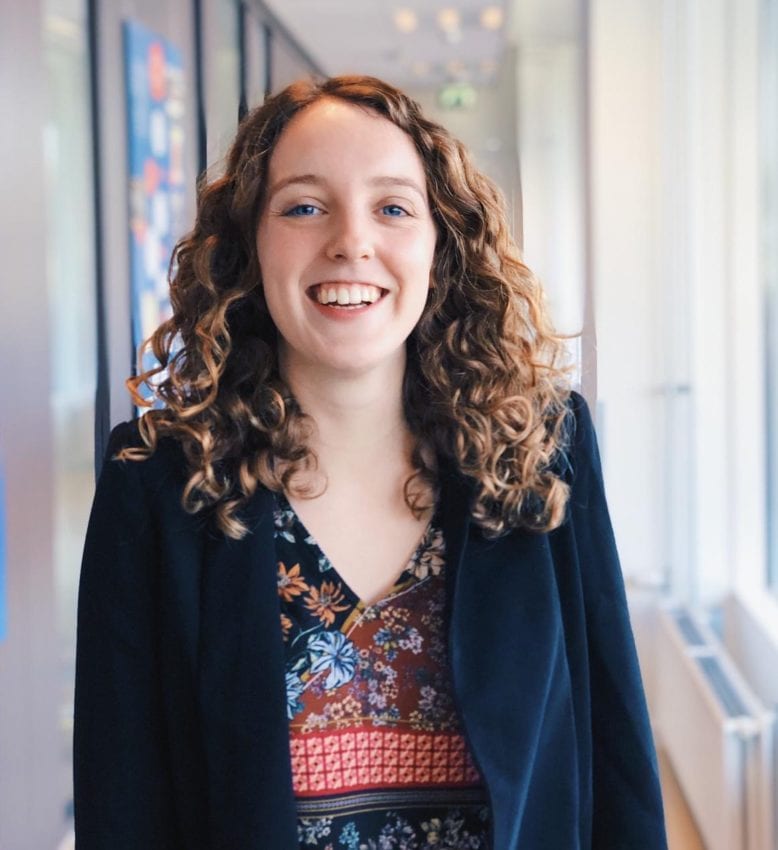 Alba studies International Hospitality Management at “Hotelschool The Hague” in Amsterdam, The Netherlands. Prior to HoCoSo, she has worked at Anantara Bophut Ko Samui (Thailand). Her interest in both market research and concept development, led Alba to join HoCoSo on November 2019 as Hotel Analyst Intern.
Alba studies International Hospitality Management at “Hotelschool The Hague” in Amsterdam, The Netherlands. Prior to HoCoSo, she has worked at Anantara Bophut Ko Samui (Thailand). Her interest in both market research and concept development, led Alba to join HoCoSo on November 2019 as Hotel Analyst Intern.
About HoCoSo
HoCoSo are advisors with a difference.
We create tailor-made and innovative solutions for clients’ hospitality-led projects by bringing together the optimum team of sector specialists.
Jonathan Humphries, Chairman and Owner of HoCoSo, and his direct team specialize in the extended-stay, co-living, and hotel-alternatives hospitality market; luxury, lifestyle and boutique hotels; and resort developments in Europe, the Middle East and Africa (EMEA). Our strengths lie in the following core services:
- Product & Concept Creation, for portfolio & individual asset developments.
- Strategic Development Projects with a focus on new-market / new-concept business expansion planning, operator selection, market and financial feasibility studies.
- Transformative Asset Management for brand re-positioning, asset re-evaluation and concept re-structuring.
- Hospitality Education for companies and academic institutions, with a focus on bespoke course development, training and teaching.
- Workshops, Keynotes and Conference Moderating for boards, leading international conferences and incubators.


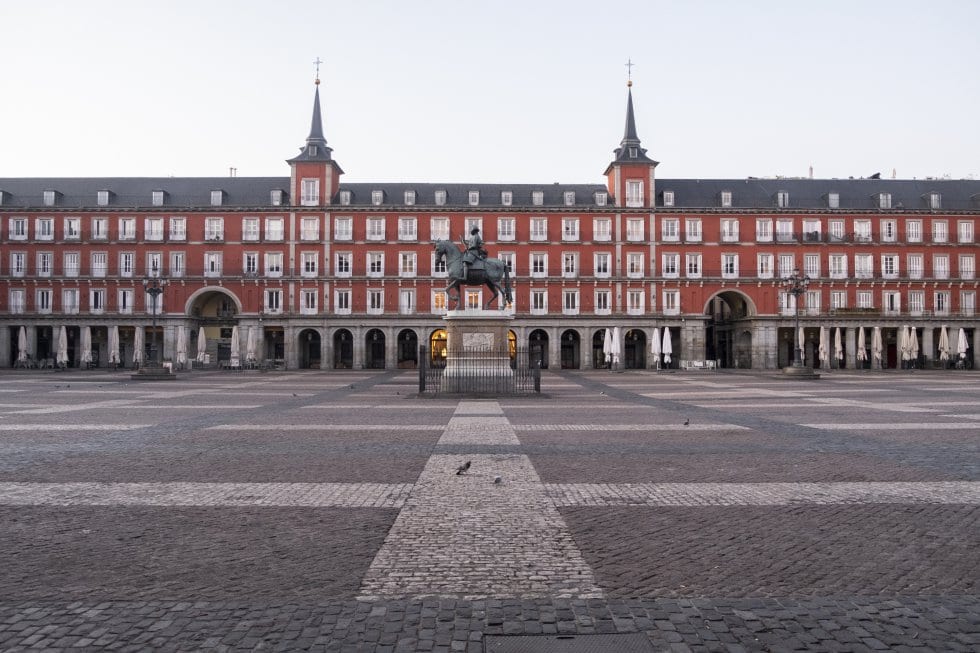
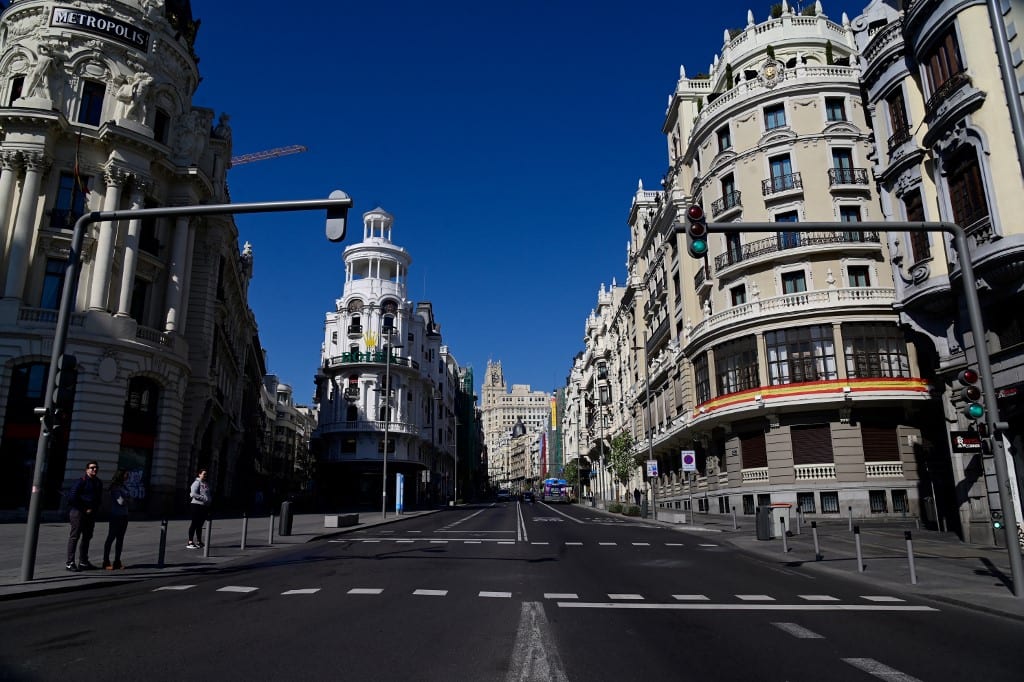
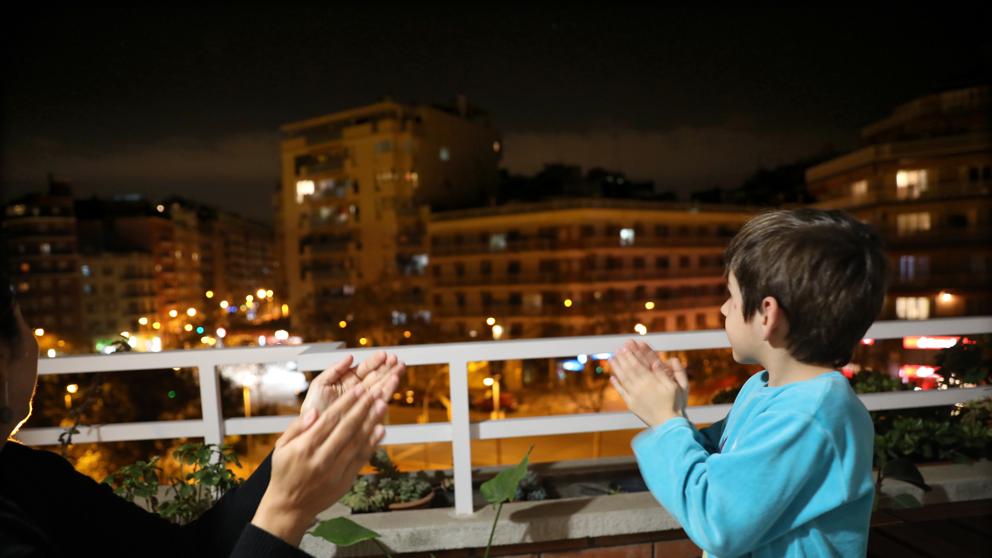

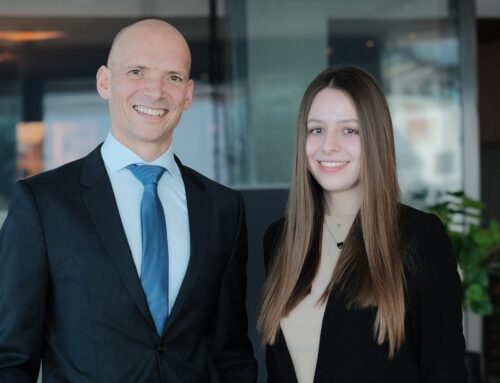



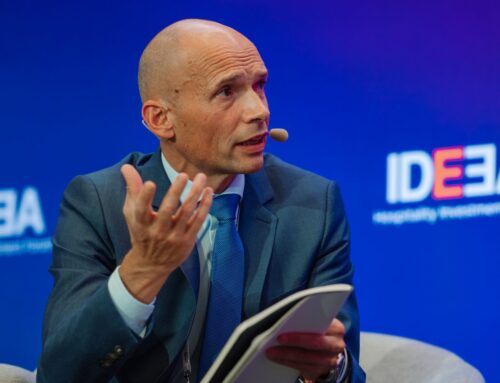
Leave A Comment